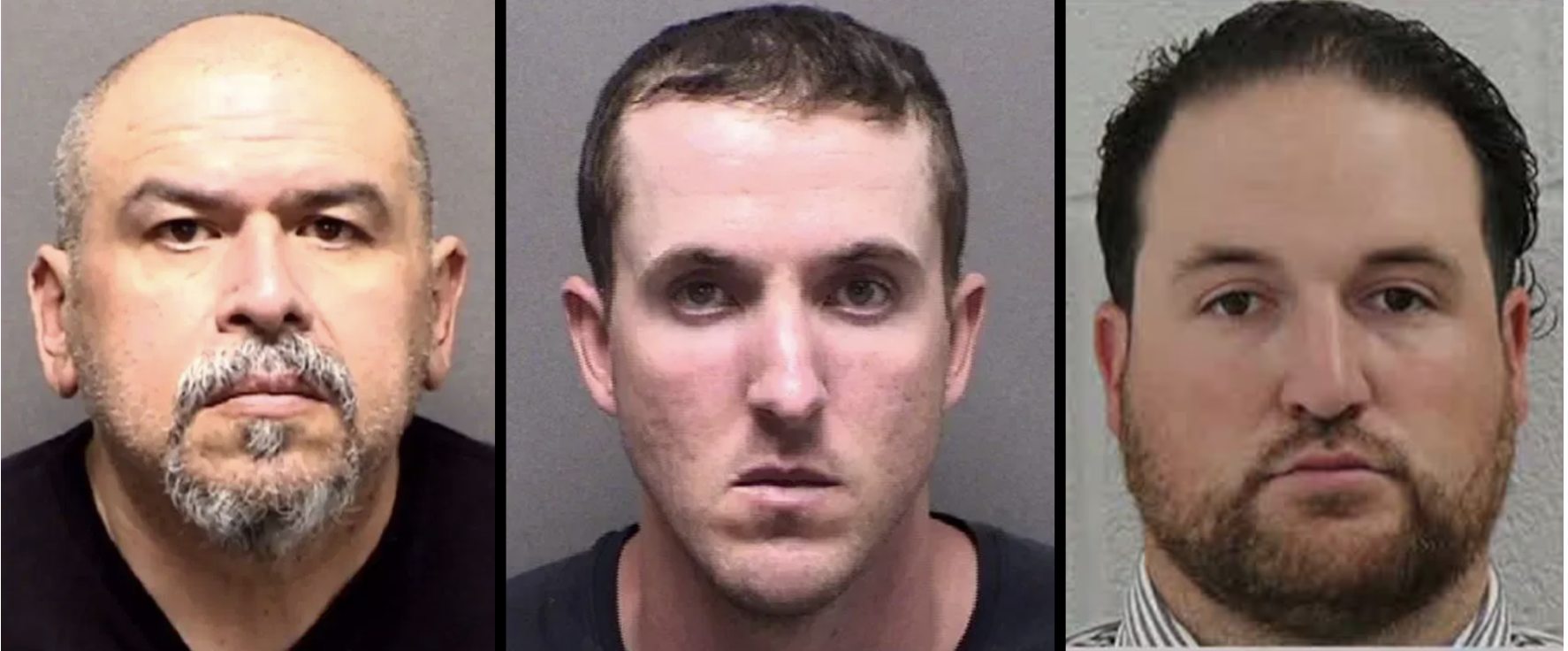As a new state law banning “diversity, equity, and inclusion” practices in Texas universities is set to take effect in January, one local school district has created a Chief of Diversity, Equity, and Inclusion position.
Leander Independent School District, located northwest of Austin, hired DeWayne Street as its DEI Chief in December 2021 and listed the position as one of the district’s 10 chief officers in its 2022 annual comprehensive financial report.
The position is not listed in the district’s 2021 annual report.
Leander ISD told Texas Scorecard, “Leander ISD Board of Trustees approved the establishment of the Office of DEI in August 2021 with a commitment to providing equitable educational access and opportunity for every student every day.”
“The Office of Diversity, Equity and Inclusion seeks to achieve this by professionally developing staff along the continuum of reflective practice, using data to address educational gaps and to improve access and opportunity for all students,” reads the district’s description of the office. “This office focuses on calling people into the conversation, not calling people out, as this is the best way to achieve unity of effort and to benefit all.”
K-12 schools are not the only entities creating DEI offices.
Over the past few years, universities and other public institutions have created DEI departments and councils to promote divisive racial policies. Although seemingly innocuous, DEI initiatives are commonly associated with the controversial critical race theory. Activists in these departments often push for equal outcomes instead of equal opportunities.
Texas Scorecard previously launched an investigative series into these ideologies and their presence in Texas state and local government (Parts 1, 2, 3, 4).
In response to these practices, Senate Bill 17 by State Sen. Brandon Creighton (R–Conroe) was signed into law by Gov. Greg Abbott in late June. The law bans Texas’ public universities from establishing a DEI office, using DEI criteria in their hiring practices, and requiring employees or prospective employees to attend DEI training.
Notably, the restrictions do not apply to academic instruction, student organizations, student admissions, guest speakers, or scholarly research.
However, the measure requires a representative from each state-funded university to testify before lawmakers, detailing their compliance with the law every legislative session.
The state auditor will review each university at least once every four years, and any institution that still has a DEI department or fails to meet SB 17’s other requirements will no longer receive state funding.
Last year, Abbott warned state agencies, including public universities, that implementing DEI hiring practices would lead to discrimination and violate state law.
Leander ISD told Texas Scorecard it does not use DEI criteria in its hiring practices, nor does it require employees or prospective employees to attend DEI training.
However, its DEI Framework does offer LISD employees, “Monthly DEI professional learning opportunities for all staff.”
Additionally, the DEI office administers a staff cultural competency survey in August, January, and April to “tailor professional development opportunities and additional resources as warranted.” It also helps establish DEI goals for each department/campus, but does not specify what kinds of goals those might be.
The next Leander ISD school board meeting is Thursday, November 30.





